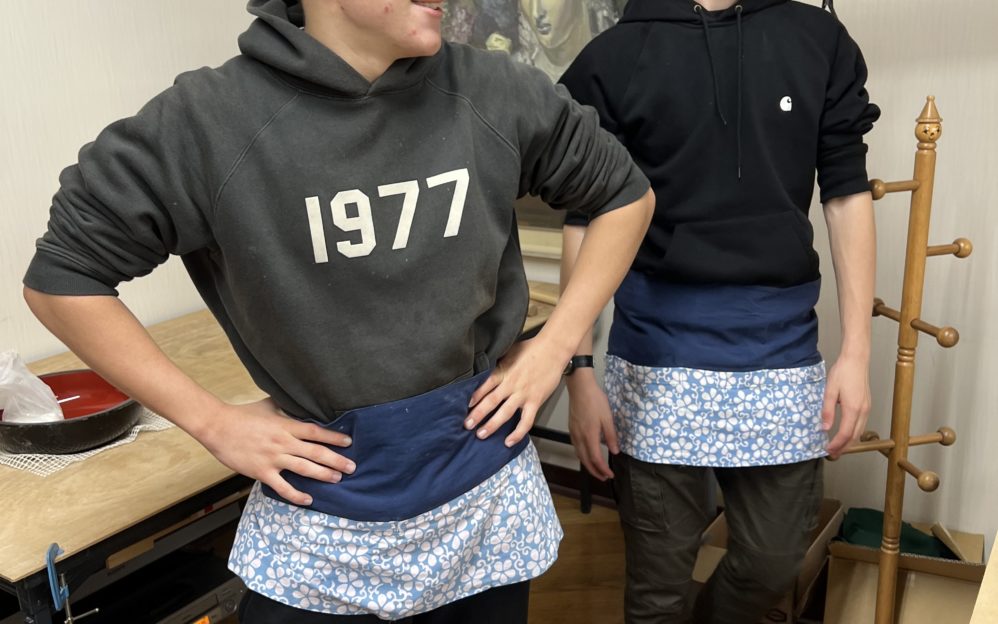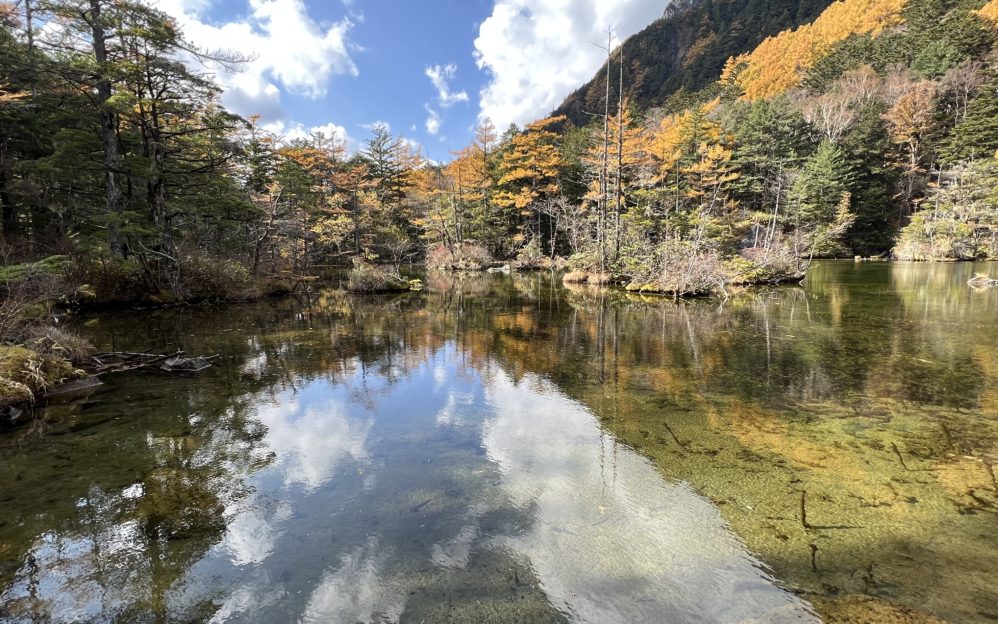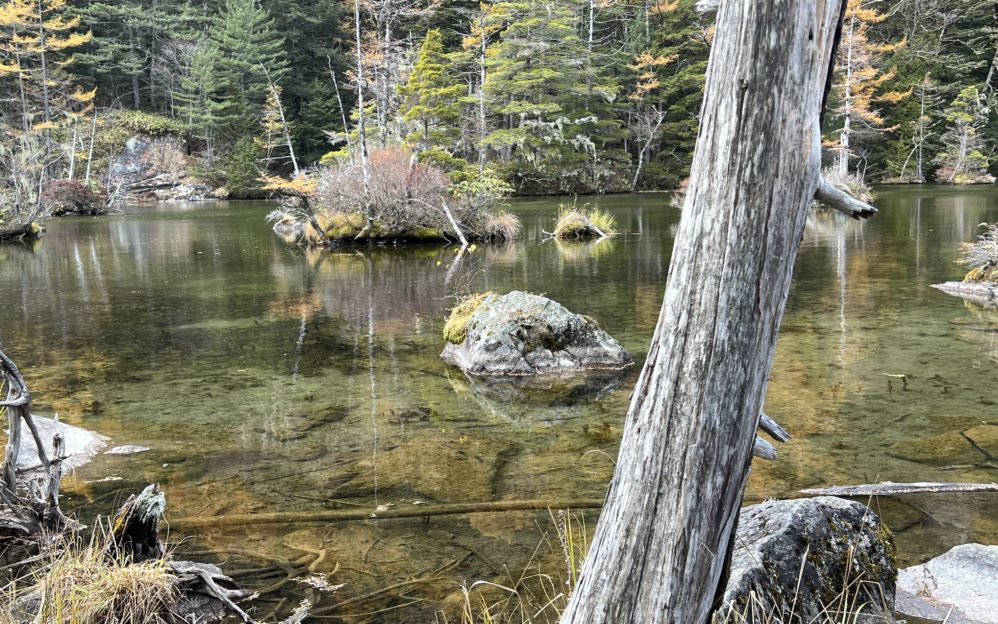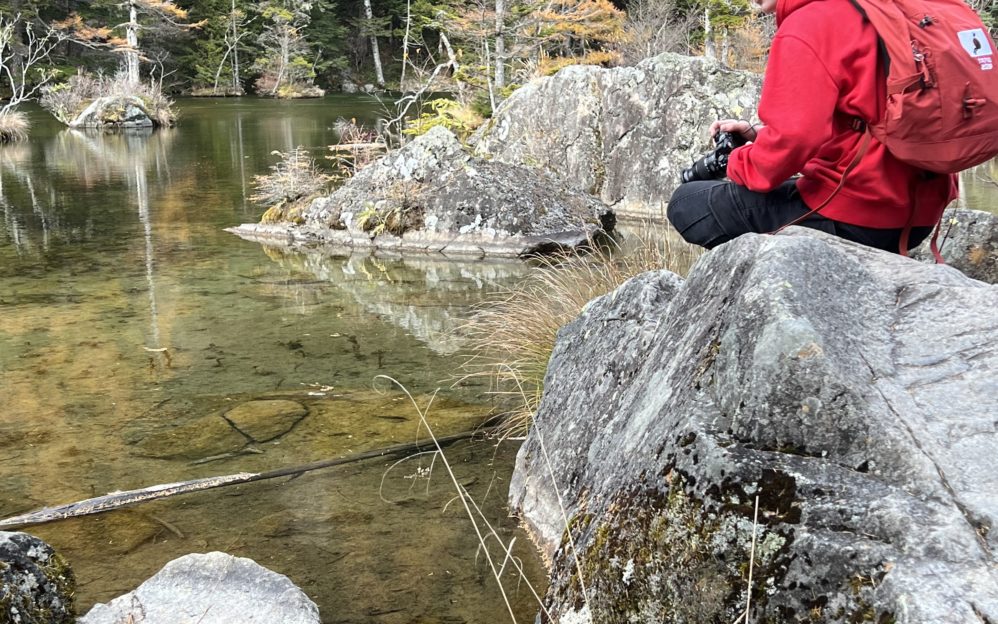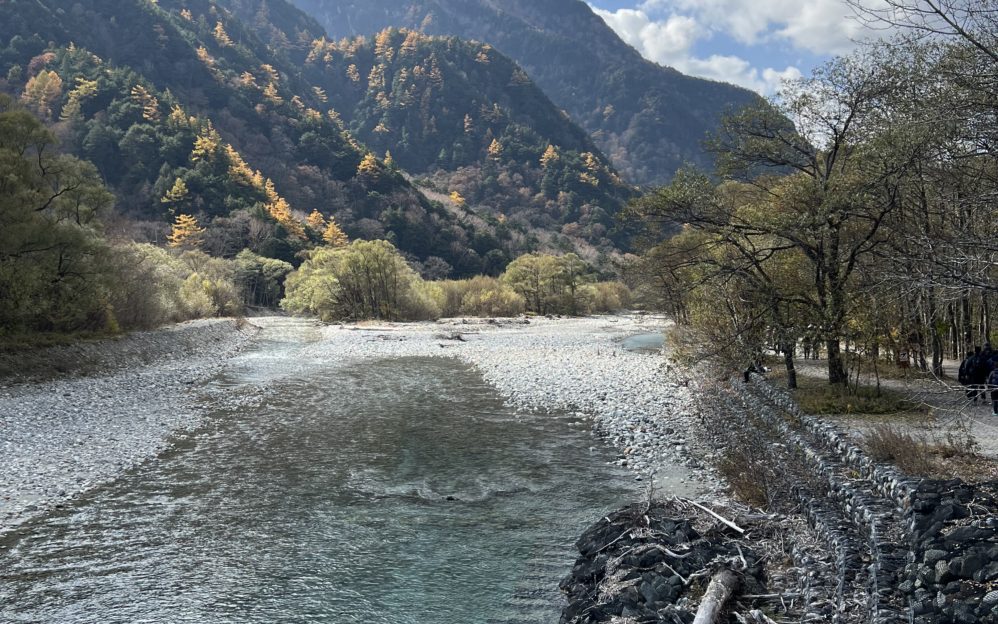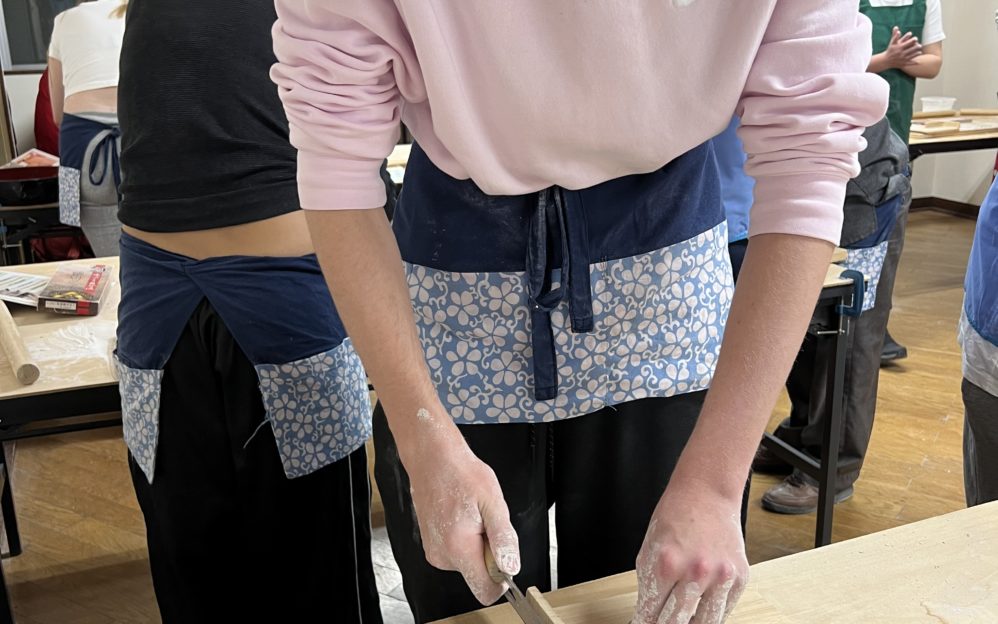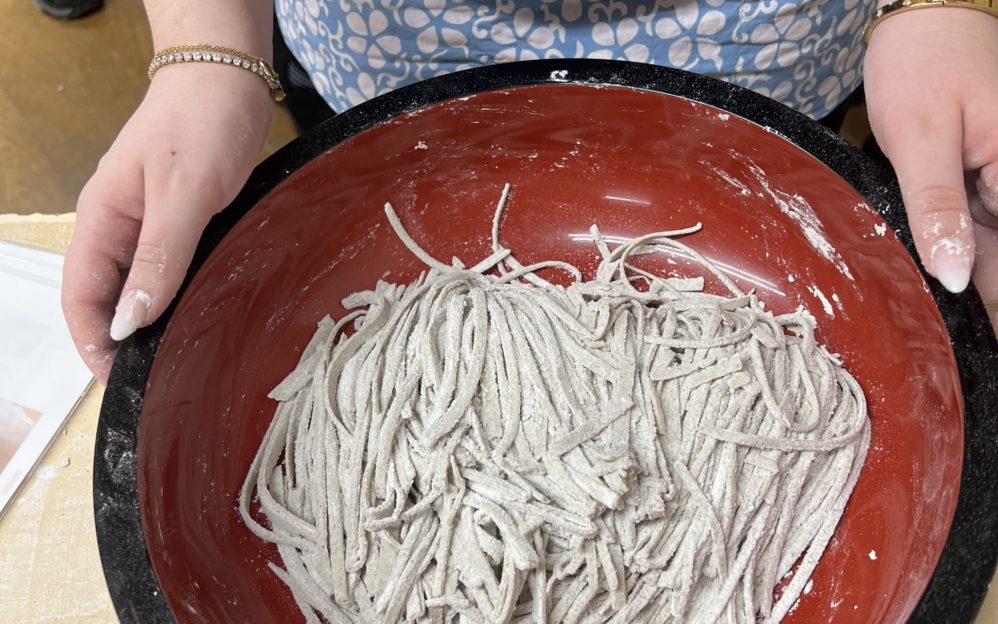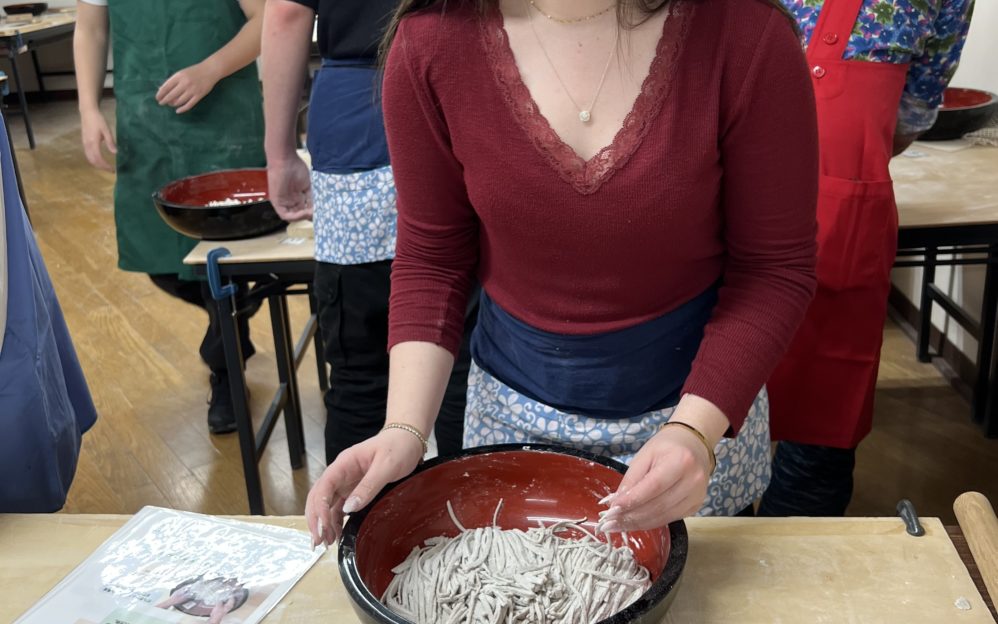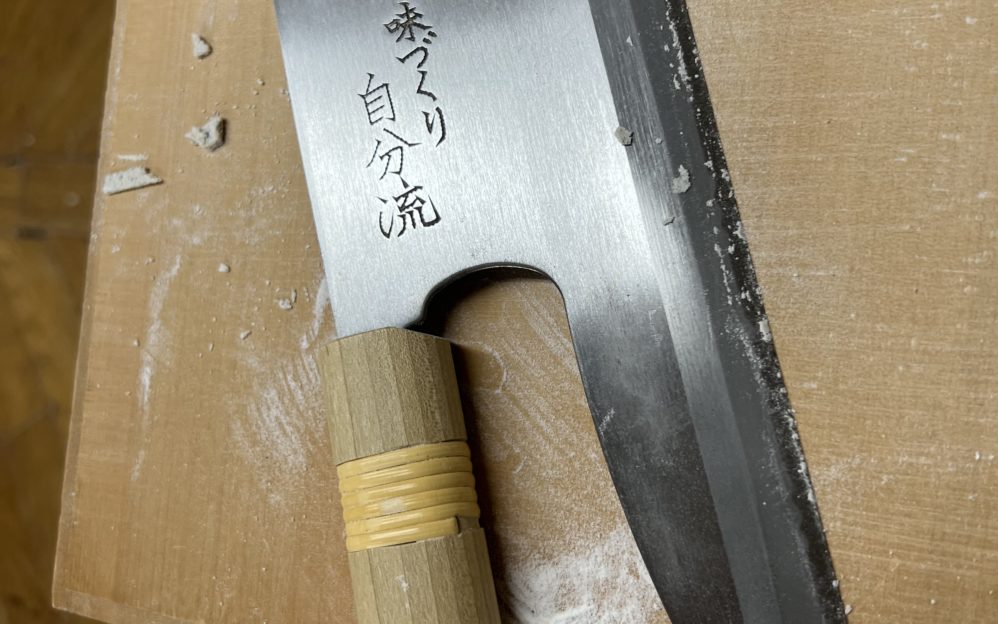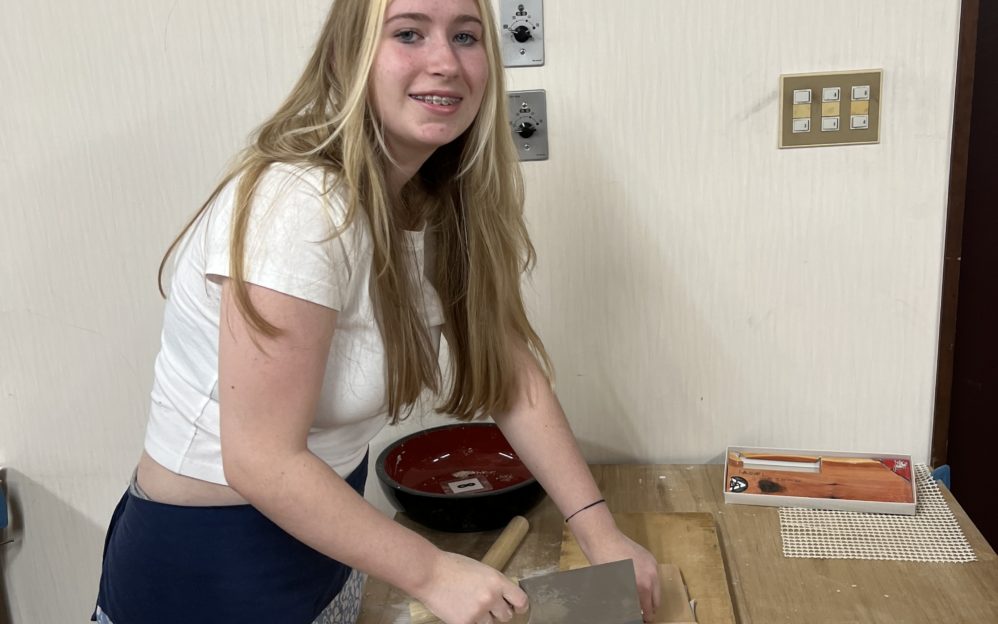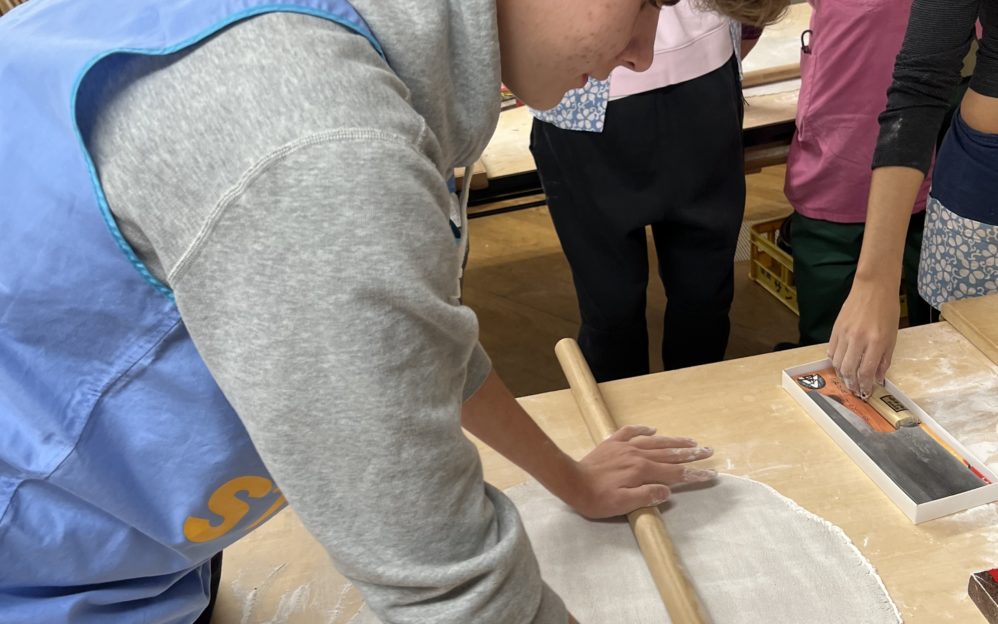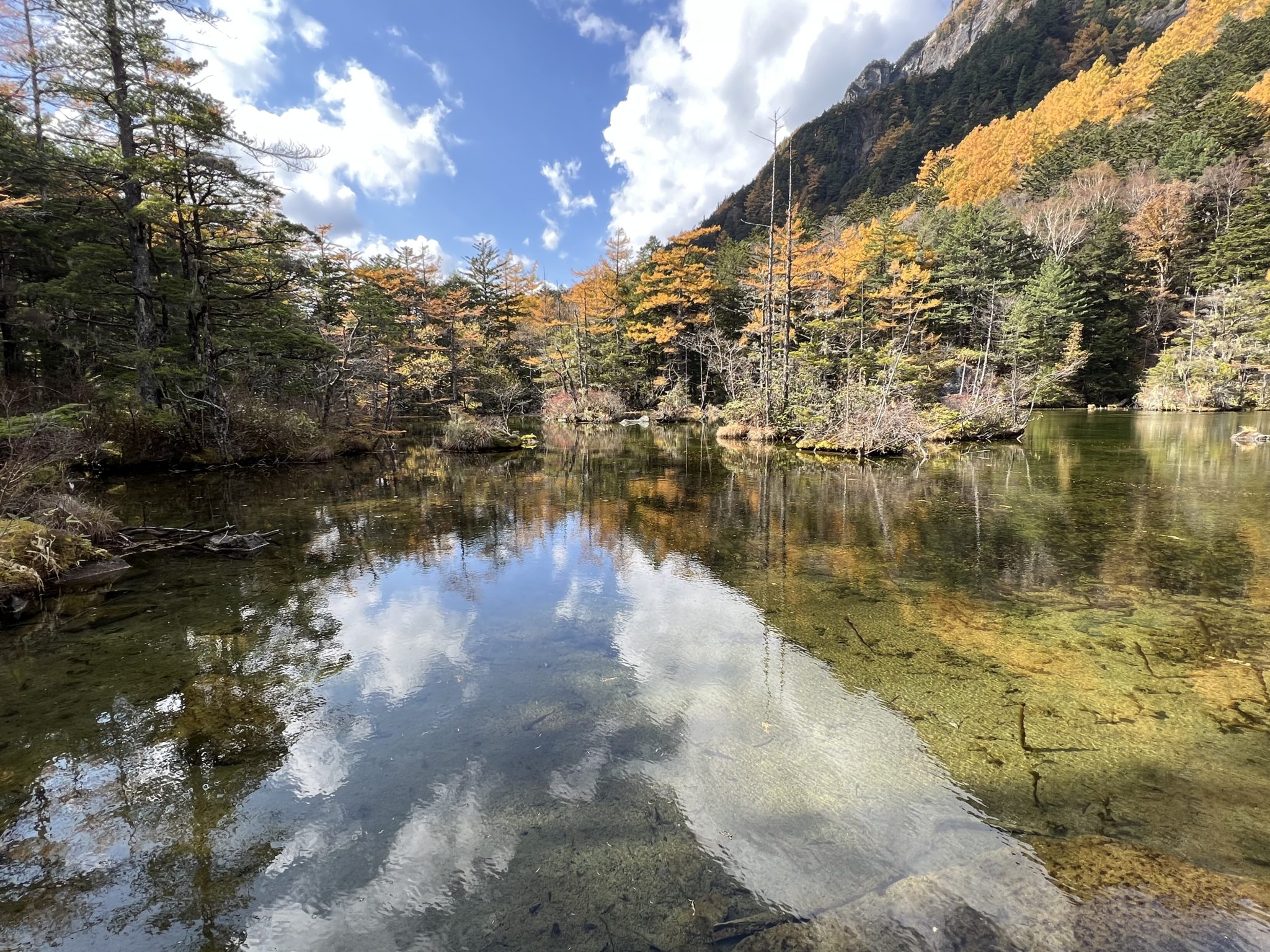
St Edmund's
Japan 2023 – Day 5
Day 5
In the 16th century Chinese ‘novel’ Journey to the West, a monk sets out on a perilous quest to obtain knowledge and returns after much suffering and many trials. The journey is long and full of legend. Monkeys, or one monkey in particular, features in later versions.
In many ways, our journey today across the shimmering plains of Matsumoto – dotted with rice paddies and vegetable gardens – and up into the Alps of Japan, was its 21st century analogue, compressed into a single day. The peril was much reduced thanks to the superb mountain roads and some outrageous feats of tunnelling; and it is true that the suffering was minimal thanks to the ‘snack packs’ compiled by a long-lost friend of a friend of Mrs Burton’s older sister (another long story….. but Percy was most grateful for the sugar). Anyway, there was knowledge to be retrieved and there were monkeys. At least two. I saw two, anyway.
It is sometimes difficult to enjoy the subtle qualities of places so popular as the Kamikochi nature reserve. There were many other visitors that morning, but on disembarking from the bus at an altitude of about 2000m, we found we had climbed up into different season. There was frost on the ground and the autumn colour was in crescendo.
“This is a strange valley,” said Yosshi, our guide, an incredibly fit and tanned mountaineer in his sixties. As the needles of the golden larches fluttered down like snowflakes, he told us how an eruption many millennia previously had by pure chance dammed the valley, and all the rock and silt dislodged in the mountains since had filled it up, creating a wide flat area just beneath the peaks. Today, a huge river winds peacefully between the mountain walls, before crashing into the network ravines below.
We set off along the valley path (keeping an eye out for bears) heading for a shrine established by Chinese settlers in 600AD (these were journeying to the east rather than the west). At another bend in the river and a pause for yet more pictures, Yosshi said: “This valley was made famous by an Englishman. Walter Weston came here and got to know the Japanese people. He wrote a book which revealed the beauty of this place to the rest of the world.” He opened his own note book and held it at the page where he had pasted in a copy of the title page: “Exploration and Mountaineering in the Japanese Alps, published in 1896”. The St Ed’s students peered at it, and suddenly there was the strangeness. Weston is credited with establishing mountain climbing in Japan, and Yosshi, we realised, was a keen latter-day disciple of this pioneering Victorian gentleman. He paused. “Walter Weston was a great man. He is a sign that the people of England and the people of Japan can be good friends.” He spoke with hesitation, but his emotion was clear. “I come to this place three or four times a year now to climb. I come because it is important. These things are difficult to understand.”
Later, the peace of the valley was shattered by ecstatic peels of joy from Seti, Sophie and Meena on spotting a monkey sitting by the path. The creature did not seem to notice at first, but a moment later it walked off up the hill displaying its unfeasible-looking backside.
Having added the monkey to our store of images, digital and mental, we eventually returned to the world below and a class in noodle making. It had been another long and demanding day, but the students showed their willingness to learn and readiness for anything. Necessity also played its part here, as this was to be our suppler. Aprons were donned and sleeves rolled up almost without instruction from the chefs, who bustled about the tables, and like Yosshi looked as if they had devoted their lives to the practice.
A noodle (like a mountain) it turns out, is not a simple thing, which is also perhaps a difficult to understand: it should not be produced with the turn of a handle or the touch of a button. It is the doing, the making, that brings satisfaction and knowledge. So, in acceptance of this and taking inspiration from their alpine experience, the team kneaded, rolled, floured, folded and sliced their way to dinner.
Well done to all, even Mr Kincaid.
Tomorrow: more monkeys and then Kyoto.
